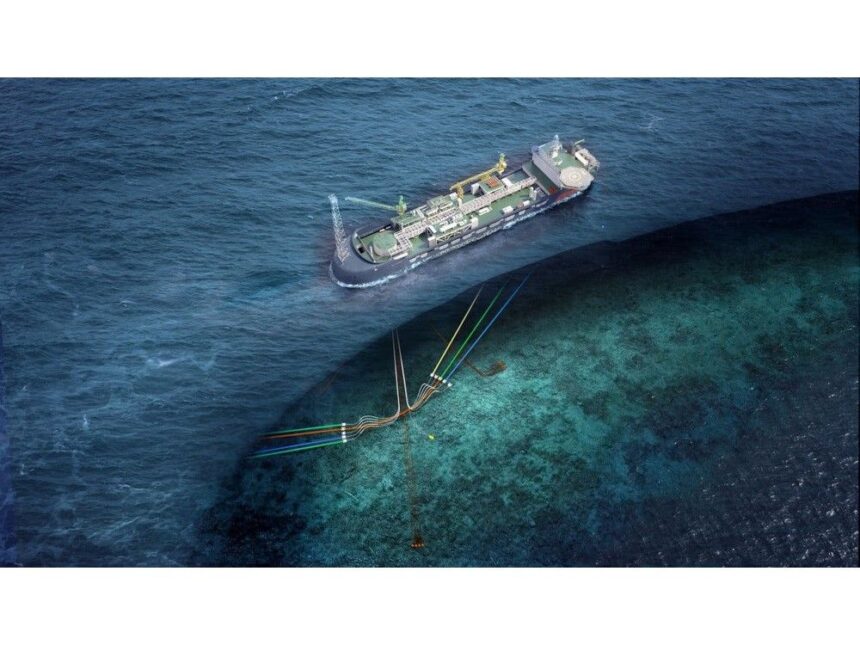Bay du Nord offshore oil project development concept. Equinor CanadaArticle contentAs the raging wildfire season in NL begins winding down, climate change and environmental policy experts are looking to the future and urgently pushing for more action on renewable energy investments in order to minimize the damage to the climate going forward, as well as put the local economy in a secure place.THIS CONTENT IS RESERVED FOR SUBSCRIBERS ONLY.Subscribe now to access this story and more:Unlimited access to the website and appExclusive access to premium content, newsletters and podcastsFull access to the e-Edition app, an electronic replica of the print edition that you can share, download and comment onEnjoy insights and behind-the-scenes analysis from our award-winning journalistsSupport local journalists and the next generation of journalistsSUBSCRIBE TO UNLOCK MORE ARTICLES.Subscribe or sign in to your account to continue your reading experience.Unlimited access to the website and appExclusive access to premium content, newsletters and podcastsFull access to the e-Edition app, an electronic replica of the print edition that you can share, download and comment onEnjoy insights and behind-the-scenes analysis from our award-winning journalistsSupport local journalists and the next generation of journalistsRegister to unlock more articles.Create an account or sign in to continue your reading experience.Access additional stories every monthShare your thoughts and join the conversation in our commenting communityGet email updates from your favourite authorsSign In or Create an AccountorArticle contentWhile the provincial government has been trying to balance continuing oil production off NL coasts with developing renewable energy sources, experts say it is an irresponsible approach and more focus should be on the latter.Article contentArticle contentArticle content“We’re in the midst of a global energy transition,” explained MUN Associate Professor at the Department of Political Science and ‘Fossilized’ author Dr. Angela Carter. “Global oil demand will be in decline and this is expected to start before 2030, so within this decade.” Article contentWith China and Western Europe leading the way on renewable energy, there is concern NL is trailing behind and won’t be ready for what’s to come.Article content“(It) is very worrisome for a place like NL, where we have politicians that imagine our economy depends on oil extraction,” she said. “Because as oil demand decreases, it’s going to be the highest cost producers that will get squeezed out first. And we have very high cost production off the coast here, just given how far out and how deep the production is happening.”Article contentJoel Finnis, Department Head at MUN’s Department of Geography (whose research specializes in Climate & Environmental Change), agrees, echoing the sentiment the province is headed in the wrong direction, given the global energy shift as well as the impact on the local environment.Article contentArticle content“We’ve got provinces like Newfoundland, Saskatchewan, and Alberta to produce large amounts of fossil fuels who are all saying, ‘We’re not going to ratchet down, we’re going to ratchet up.’”, he said. “And that flies directly in the face of what we actually need to do.”Article content Dr. Angela Carter is an associate professor at MUN’s Department of Political Science, and specializes in environmental policy climate crisis, and how they relate to politics, as well as equitable energy transitions. – ContributedArticle contentWIND TURBINE PROJECTS IN PLANNING STAGES FOR YEARSArticle contentBoth Canada and Newfoundland made a major push for wind turbine projects starting in 2022 amid strong demand from Germany, which was looking to diversify away from its reliance on Russia given its war on Ukraine. Adding to that, Europe as a whole passed legislation requiring 40 per cent of grey hydrogen (i.e. hydrogen produced by fossil fuels) to go green (i.e. be made with renewable electricity) by 2030.Article contentThe Port au Port Project Nujio’qonik alone was expected to create 5,600 jobs, but progress on wind turbine projects like it slowed in part due to environmental concerns and red tape.
Experts push for more renewable energy action in NL











